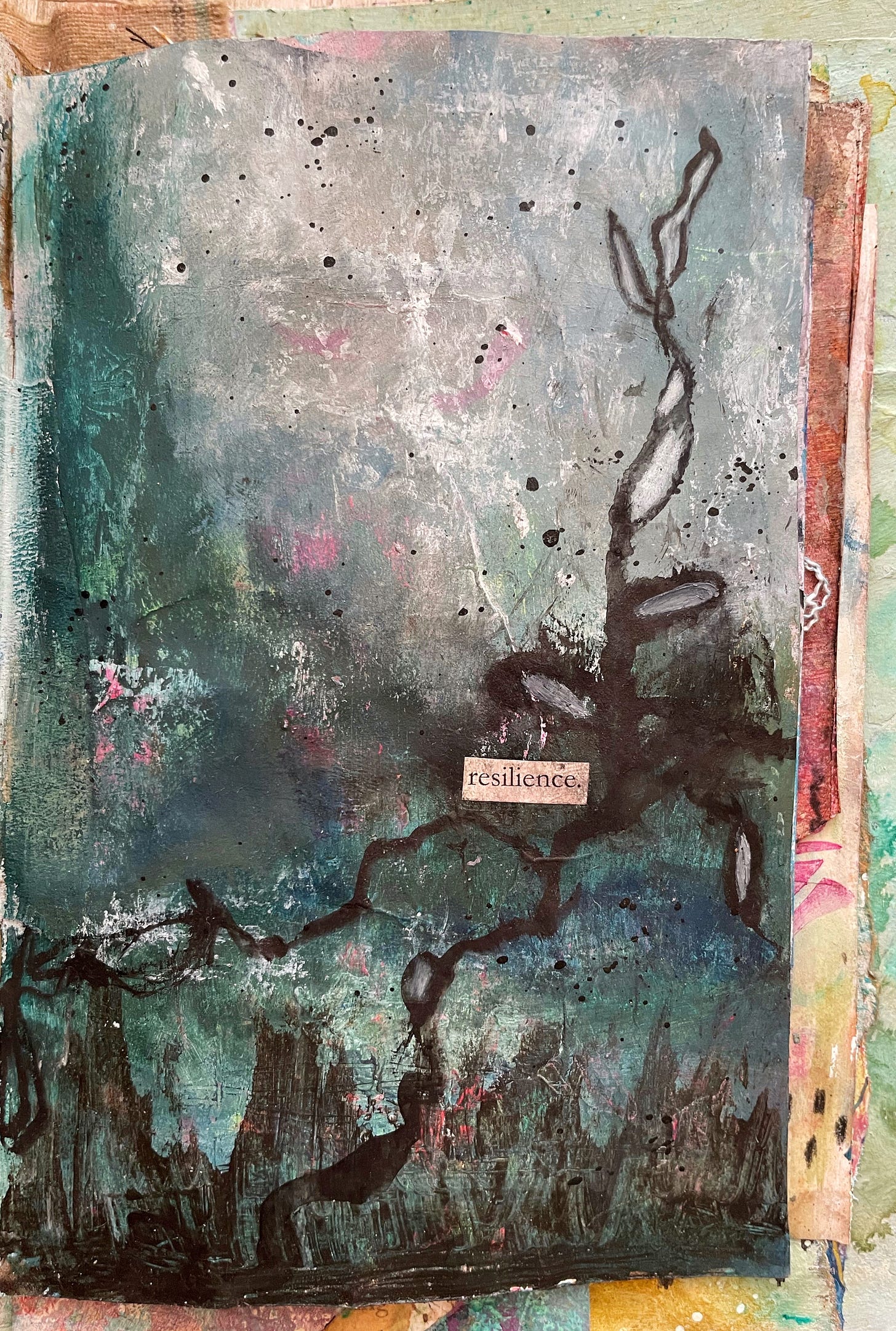Why focus on the numbers may be the worst advice for creatives
Instead of chasing likes and follows, what if we focused on individual human connections and interactions?
Any conversation around social media and blogging quickly turns to the numbers. Metrics like subscribers, followers, likes and page views take center stage, with thousands of people offering advice on how to gain followers, increase engagement, and write copy that converts into sales.
Fill your mailbox with art and notes on the creative process!
While there certainly are a number of things that we can do to improve reach, visibility, and follower count, a lot of it is also dependent on social media algorithms and on hoping that our writing will show up on the first page on Google search results.
Even though we may use all the hacks and share our work consistently, success isn’t guaranteed. There are plenty of excellent writers and artists who don’t get the recognition their work deserves; who see their ideas reworked, often unknowingly, by another artist getting far more acclaim that their original work did. Many creatives continue to hone their craft away from the limelight, wondering if perhaps their work just isn’t good enough.
The truth is that the algorithms that drive the internet and social media can often send us spiraling into feelings of unworthiness around our craft. And despite the common refrain to focus on the numbers, it can be the fastest way towards anxiety and burnout, especially for creatives.
Your work, no matter how brilliant, may never blow up, it may never go viral, and it may never garner a large following. And looking at the cultural zeitgeist around you, you will probably think that makes you a failure, but you would be wrong.
One of the things that I often do when considering a conundrum like this is to consider what another artist, one from a completely different era perhaps, may have done in times like ours.
In this case, I settled on Vincent Van Gogh — if he were alive today, would he still be living and painting in relative obscurity?
In his time, Van Gogh had to contend with rejection from contemporary salons and art galleries — even the ones that were more modern. His brother Theo, despite being an important art dealer in his own right, couldn’t sell Van Gogh’s work or help him to exhibit his paintings.
In today’s world, with the removal of traditional gatekeepers, would Van Gogh have had the temperament to chase social media stardom? To paint to please the masses? I think the answer to those questions is no. And assuming that his work would still be ahead of its time, I doubt that his brother Theo would have been able to do much to help him either. That wouldn’t make Van Gogh’s work any less exquisite, but it would, perhaps, make his isolation and failure feel even worse.
And that, I think, is the cruelty that lies at the heart of social media — a tool that was supposed to help us connect with one another has instead become a weapon that can make us feel isolated, unworthy, and rejected.
Until we remember the reason for following our creative passions in the first place — it was never really about fame or followers or numbers, was it? It was always about doing what makes us happy, what gives us meaning, what gives us life.
While the purpose of sharing our art online is to, in some way, be discovered, to forge creative connections, maybe the path to achieving that doesn’t lie in focusing on the numbers, but to look, instead, to each individual person that takes the time to comment on our work, share it, purchase it, or to encourage us in other ways.
Maybe, digging into the process, into our reasons for pursuing our craft, and finding meaning within our work may be a better focus than chasing numbers and trying to growth hack our way to success.
If Van Gogh were alive today, do you think he’d still be living and painting in relative obscurity, or do you think he’d be a social media darling (knowing that his work was far ahead of its time)? Leave me a comment, or simply reply to this email and let’s get the conversation rolling!




So much yes to this, Shinjini. And love how you step out of the myopic present to expand our perspective. Thank you!
Doing what makes us happy- not about the numbers. Thank you for this reminder and writing about it!